
How Can Solar Panel Help Save The Environment?
September 30, 2021
Mistakes To Avoid When Cleaning Solar Panel
November 17, 2021Will Solar Panel Work If It Keeps Raining?

Will Solar Panel Work If It Keeps Raining? Imagine this: you’ve finally gotten all of your solar panels installed. It’s been a week since they went live, and you’re just now seeing the results that you had hoped for. There is one problem, though; it seems like wherever you are, whether at work or home, it’s raining!
Is there any way that your solar panels would still be able to produce energy even with wet weather?
The answer is yes – but only up to certain limits. Although rain will not put an immediate stop to your solar panel’s capability to produce electricity, some things can happen if too much water is allowed onto the surface of the photovoltaic cells themselves. This short blog post will provide information and tips on using and protecting your solar panels in wet weather.
Read on – Will Solar Panel Work If It Keeps Raining?
Effects of water on effectiveness of a photovoltaic cell
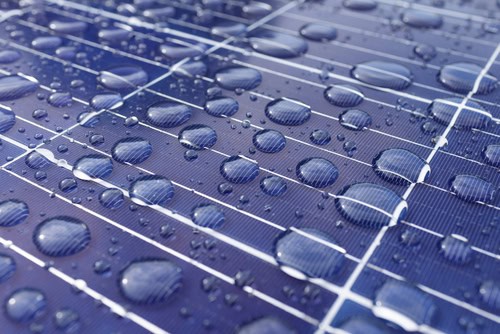
First of all, it’s essential to know that the smallest amount of water is enough to kill the effectiveness of a photovoltaic cell – but only if allowed to build up over time.
A quick rainfall will not damage the solar cells until they are wiped down immediately after exposure. This means that you should always aim to have a water barrier between your panels and any other surface where rain can pool, such as a roof or a patio area, for example.
If you already have algae growth on your roof, it could be challenging for collected rainwater to evaporate quickly enough from this space before it becomes harmful. In this case, an added layer of protection, such as an absorbent mat material, will be needed before the panels are mounted so that accumulating rainwater has somewhere to go.
Make sure your roof is in good shape
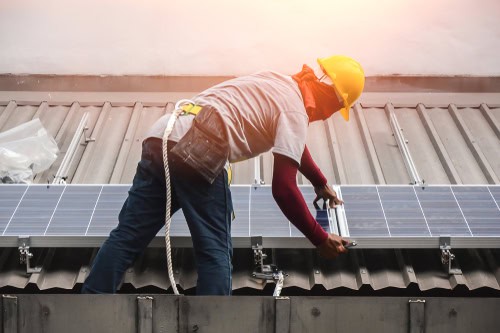
Make sure your roof is in good enough shape for solar panel installation before getting started! This means checking for soft or broken shingles, loose nails or screws, and even outdated flashing materials, which can all become corroded by water under the surface.
If you do find any issues with your roof, then it’s essential to get them fixed before moving ahead with mounting solar panels onto it (or repairing them yourself if that’s something you’re able to do).
Of course, this process takes time – which is why many people choose to hire local roofers when they need their roof to be serviced quickly.
Things to prevent damage
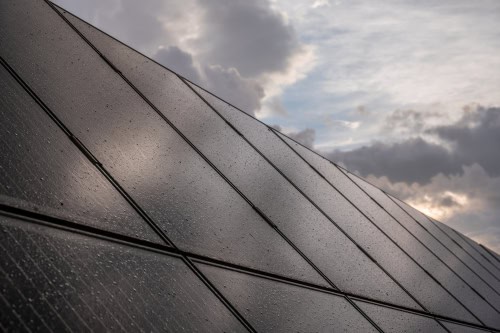
If you’ve already received your solar panel system and the weather has taken a turn for the worse, don’t panic! Certain things can be done to prevent damage, such as placing an absorbent mat material underneath all of the panels so that pooling water has somewhere to go or unplugging each panel if they get wet at least until the rain showers pass.
It’s also important not to use any cleaning products on your solar panels which contain ammonia – and even then, it might be best to wait for clear skies before taking them down and keeping them covered.
Take preventative steps before a storm.
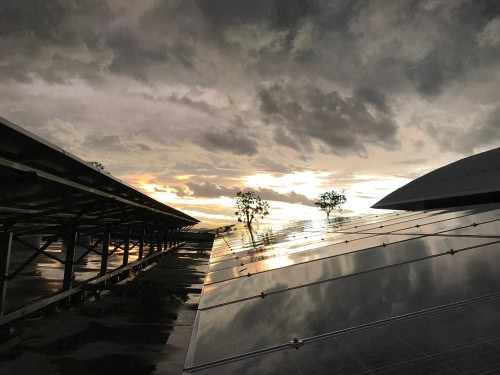
Just because it’s raining outside doesn’t mean that your solar panels won’t work. Although you should always make sure to keep an eye on the weather forecast and take preventative steps before a storm is close, it’s important to remember that solar panels use a combination of light – both from the sun as well as ambient sources – to provide power.
This means that even if no sunlight can reach your solar panels on a day where there’s rain, they will still generate electricity as long as sufficient lighting is available.
Solar Panel Operates During Raining Tips
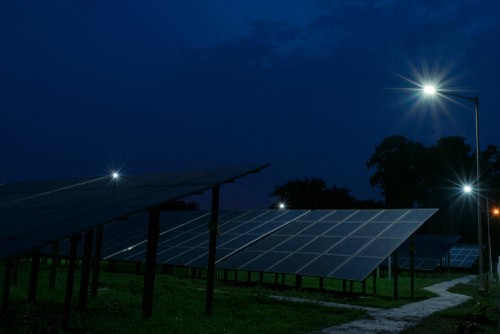
Solar panels are manufactured in such a way that they can withstand most weather conditions, including rainstorms. However, certain precautions should be taken before you decide to use the panel during inclement weather. If you rush out into the pouring rain without taking proper precautions, you’ll end up ruining both your solar panel and your day (and may even cause potential harm to yourself).
Before using the panel on rainy days, the first thing you should do is make sure that no water has gotten into the panel. Since solar panels are made of delicate materials, water can cause severe damage that will destroy your investment. The best way to do this is to examine the exterior thoroughly before you decide to use it.
Look for any unusual bulges or dents on the surface and inspect each solar cell (the cells are slightly rectangular-shaped). If you notice any signs of leaking water or moisture, don’t risk using it until it has dried out completely.
Some manufacturers recommend covering your solar panel with a tarp when there’s rain in the forecast. This not only protects against rainwater but also other forms of precipitation like snow and sleet (snow may be okay if it melts around the edges first). You should then give it about 5-6 hours to dry out completely before you try to use it again.
If your solar panel is already wet, don’t panic.
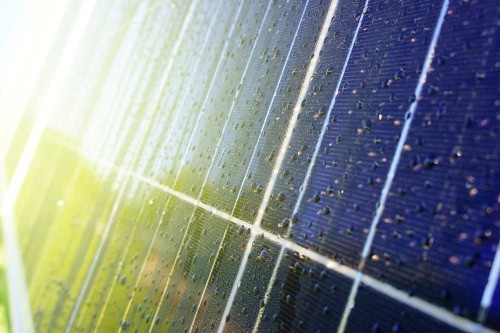
The extent of the damage will depend on how long the water has been there and if any electrical components have been submerged. If possible, remove the panel from its stand and let all parts air dry as quickly as possible (you don’t want mold or mildew growing inside). You may also turn it upside down so that any remaining water will drain off the surface rather than seeping into individual cells.
Inspect each cell
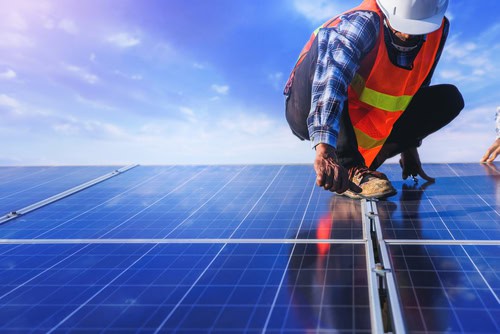
Once everything has dried out, inspect each cell individually with a magnifying glass so you can see if there is any visible damage. If a cell is salvageable, wipe it gently with a clean, dry cloth. You can then put the panel back into its stand and check that it is level before you try using it again.
As long as there are no visible signs of damage from moisture or water, your solar panel should work fine on a rainy day. If you’ve been careful not to leave any standing pools of water in the panel stand and have dried out all of the cells completely, there shouldn’t be any problems with your solar power while it’s raining.
Just don’t forget to remove the tarp if there hasn’t been any precipitation for a few days.
Will Solar Panel Work If It Keeps Raining? – Conclusion
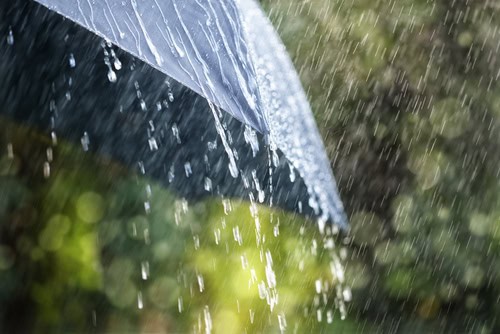
In short, if the rain isn’t too heavy, then your solar panel system should continue to produce energy so long as the water is wiped away immediately. If you have any questions or concerns about how wet weather could affect your system, leave a comment below, and I’ll do my best to find some answers for you!




